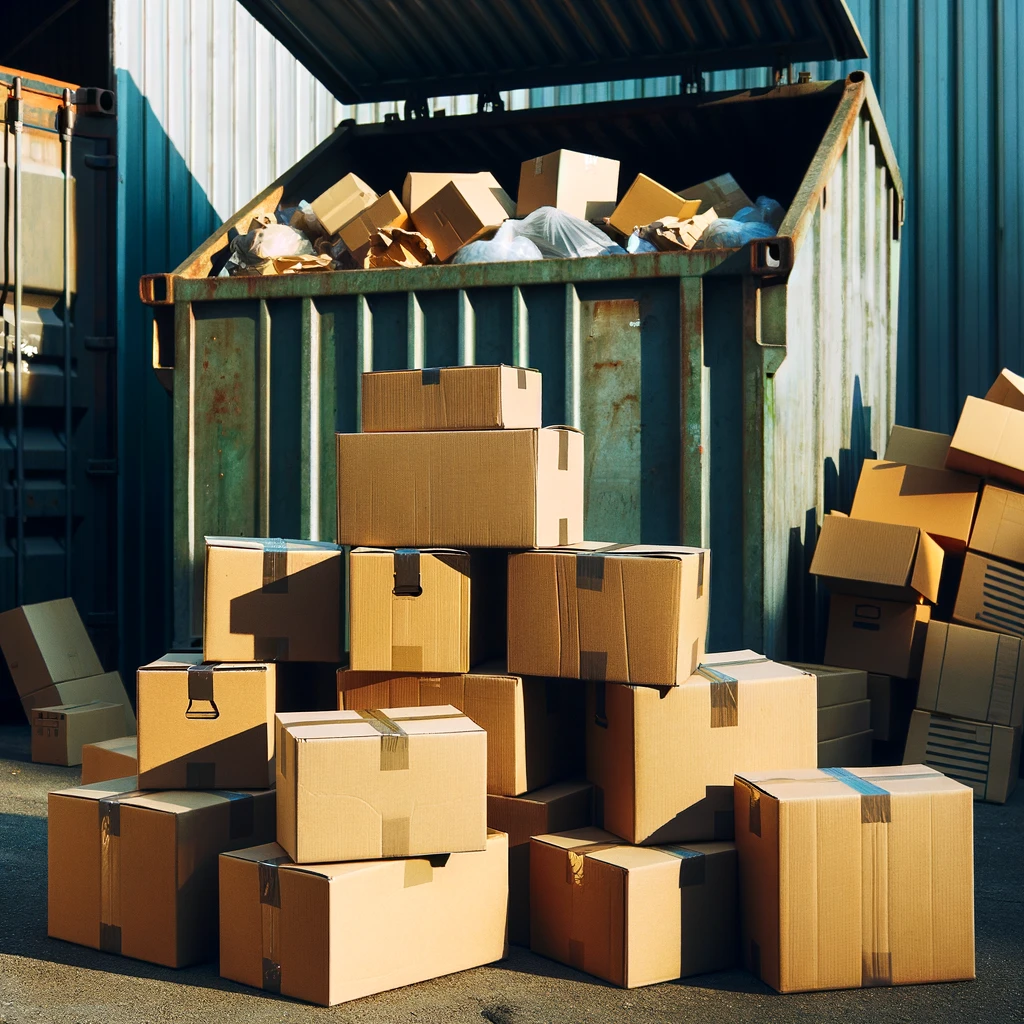Shipping to Austria: Shipping guidelines and packaging regulations




Since 2023, there have been important changes for retailers who ship their products to Austria. The reason for this is the comprehensive reform of packaging legislation in Austria, which parallels the changes already implemented in Germany (more). The focus here is on the amendments to the Austrian Waste Management Act (AWG amendment as part of the circular economy package) and the revision of the Austrian Packaging Ordinance (VerpackVO amendment 2021). In this article, we highlight the main changes that have applied to foreign retailers shipping to Austria since January 2023.
Requirement for shipping to Austria: Appointment of an authorised representative
A significant rule change has applied to international mail order companies that deliver goods to Austria since 2023. This states that they must appoint an authorised representative based in Austria if they import packaging materials into Austria. These retailers are therefore no longer responsible for fulfilling their own legal obligations. The regulation applies to all companies without a registered office or branch in Austria that sell products (including packaging) to private end customers in Austria. The authorised person assumes responsibility for compliance with the obligations of mail order companies and acts as their representative in Austria.
In order to act as an authorised representative, the person or legal entity must fulfil the following criteria:
- have a valid address in Austria
- have an official place of business in Austria
- is appointed by a notarised power of attorney
- is responsible for compliance with the administrative regulations pursuant to §9 of the Austrian Administrative Penal Code
Stricter controls on electronic marketplaces and in the fulfilment sector
Since 2023, retailers who sell their products via online marketplaces or use fulfilment services must provide appropriate evidence of compliance with the provisions of the German Packaging Ordinance (VerpackVO). If this evidence cannot be provided, marketplace operators are obliged to remove the retailers in question from their platforms. Similarly, fulfilment service providers may no longer provide services to retailers who are unable to provide the required evidence.
Reporting obligations for manufacturers and distributors
Distributors of reusable packaging, sales packaging and certain single-use plastic products are obliged to fulfil their reporting obligations by 15 March each year.
Obligations for suppliers of commercial packaging
Suppliers of commercial packaging, i.e. packaging that is not sent to private end consumers but to business customers such as intermediaries or companies, must participate in a corresponding system. The only exceptions to this regulation are for bulk collection points and own importers.
Regulations for the import of single-use plastic products to Austria
Anyone importing single-use plastic products such as wet wipes, balloons, tobacco products or fishing tackle into Austria must also appoint an authorised representative. In addition, participation in a system is required for these products.
It is also important to note that certain single-use plastic products such as cotton buds, disposable cutlery, disposable tableware, drinking straws, sticks for balloons and food packaging made of expanded polystyrene have already been subject to a comprehensive import ban in Austria since 3 July 2021.

LIZENZERO.EU makes packaging compliance in Europe very easy.
Do you ship your products to different countries in the EU? Many different legal requirements and obligations can make the whole thing quite complicated – but don’t worry, we’ll do it for you. How do we do it? With our licensing service, we take over all obligations for you by power of attorney. Sounds good? We’ll be happy to advise you.
For shipping to Germany, you can easily fulfill your packaging obligations yourself via Lizenzero.de.
Europe’s path to a more circular economy: The EU Waste Framework Directive explained
One of the biggest challenges we currently face is the effective management and reduction of waste. The constantly growing population and increasing consumption lead to ever greater quantities of waste, which pollutes our environment. In addition, our natural resources are dwindling. To counteract this problem, the EU Waste Framework Directive has been in place since 2008, which was amended in 2018 and represents a decisive step towards a sustainable circular economy in the EU. This directive sets clear targets and measures to prevent, reduce and optimise the recycling of waste. But what exactly is behind this directive and how is it implemented? In the following article, we take a look at the background and objectives of the EU Waste Framework Directive and highlight the key aspects and challenges involved in its implementation.
EPR regulations in the UK: current obligations for retailers in relation to packaging
Extended Producer Responsibility (EPR) is a European regulation that makes manufacturers, importers and companies responsible for the life cycle of their products and packaging in accordance with the polluter-pays principle. EU countries can interpret the EPR regulations differently, which is why your obligations may vary from country to country. If you are shipping goods to the UK, you should therefore familiarize yourself with the exact regulations in the country in advance in order to avoid sanctions and be compliant. In the following article, we will give you an overview of the current EPR obligations in the UK and take a look at upcoming changes.
Textile EPR in Europe: an opportunity for a greener future in fashion
The textile industry is one of the largest and most influential economic sectors in the world, but also one of the most environmentally damaging. The ever-increasing production of textiles brings with it ecological problems. A sustainable textile industry therefore requires circular solutions in production and recycling. In its EU strategy for sustainable and recyclable textiles, the European Commission presents measures to promote the sustainable handling of textile waste in line with extended producer responsibility (EPR). In the following article, we take a look at the EU’s proposals and the initial implementation of textile EPR in various countries.




